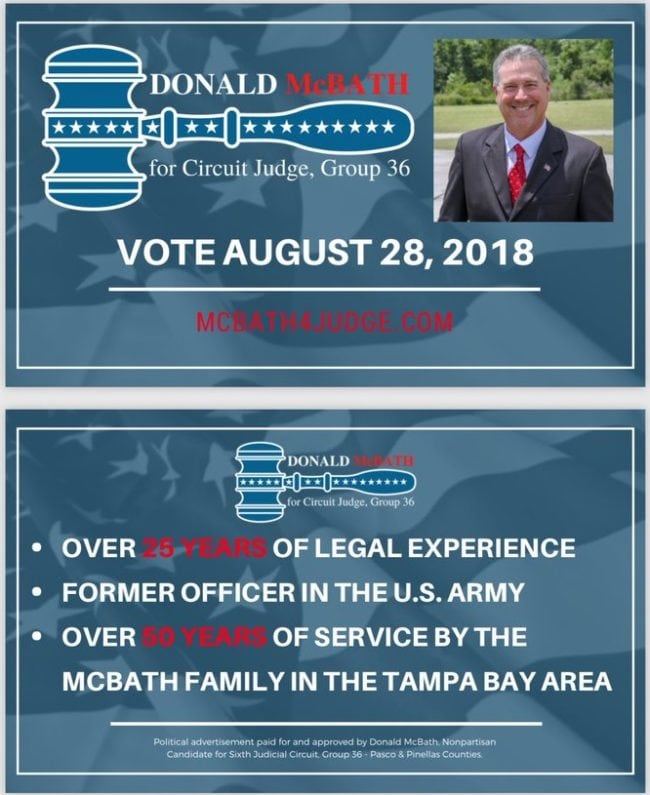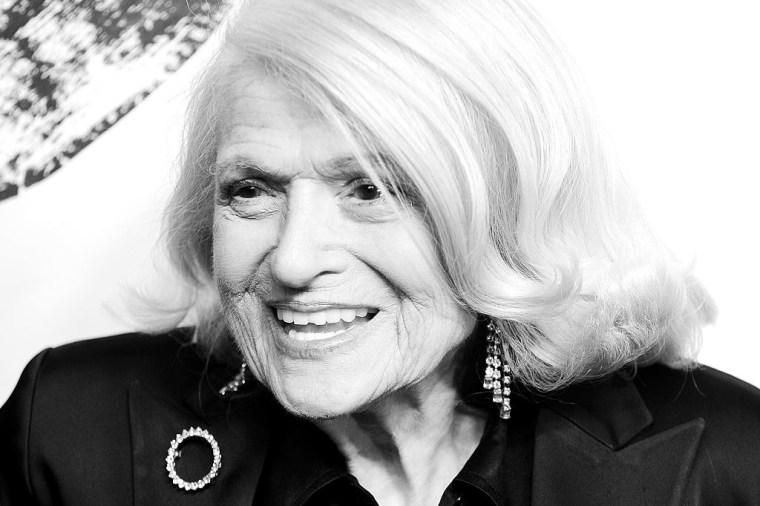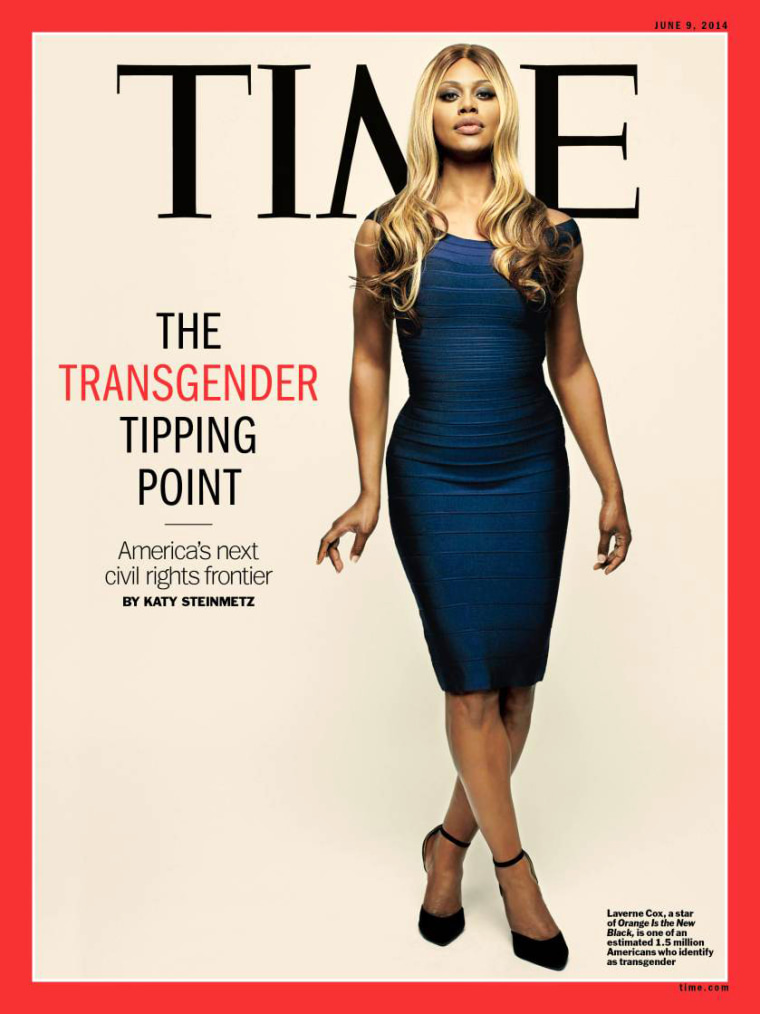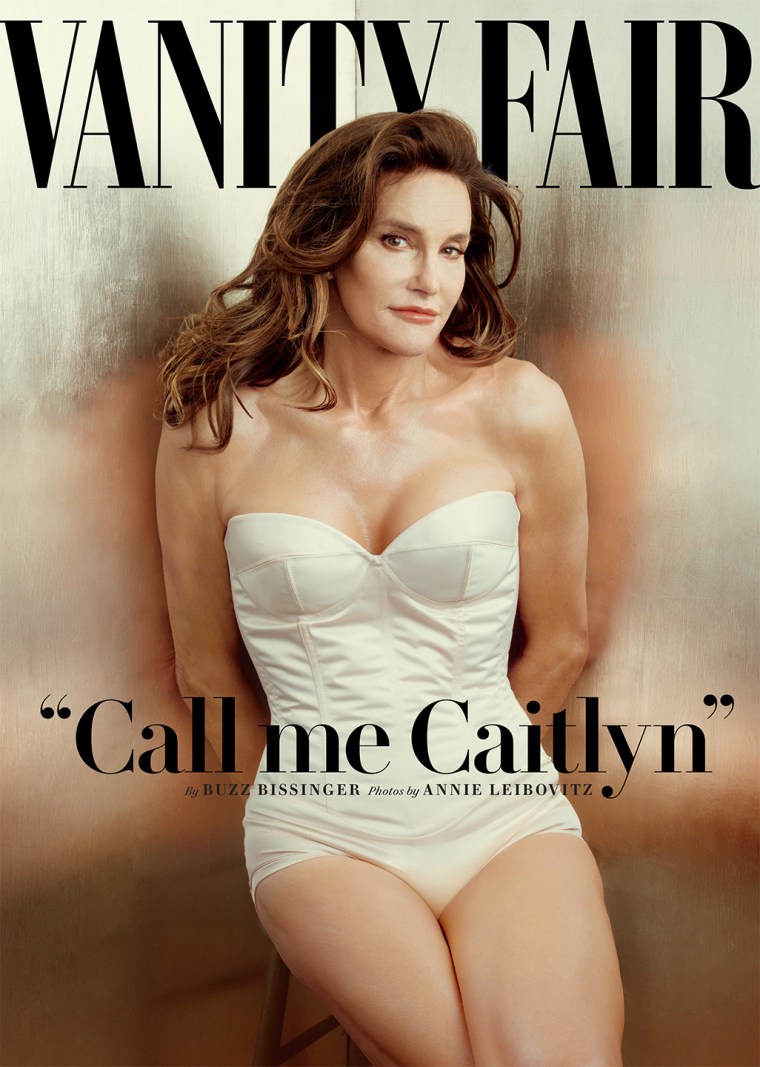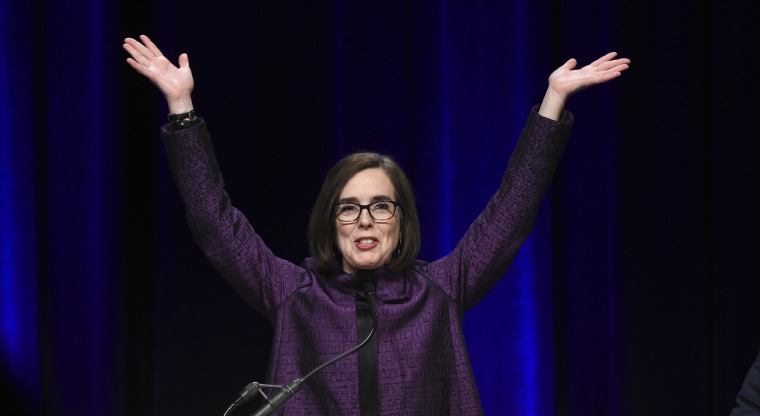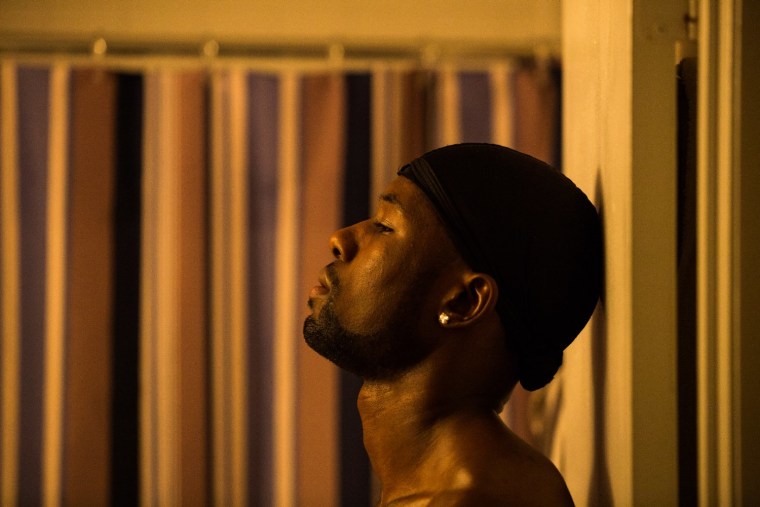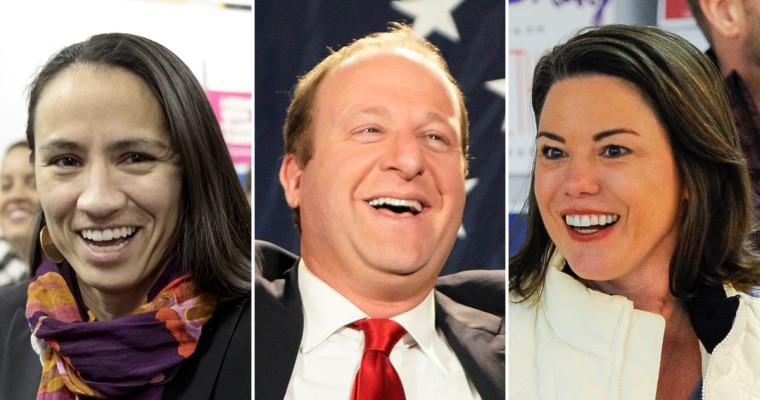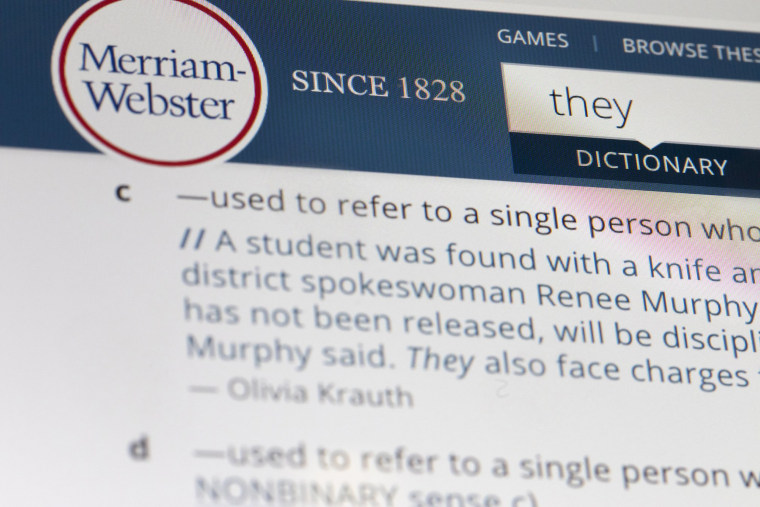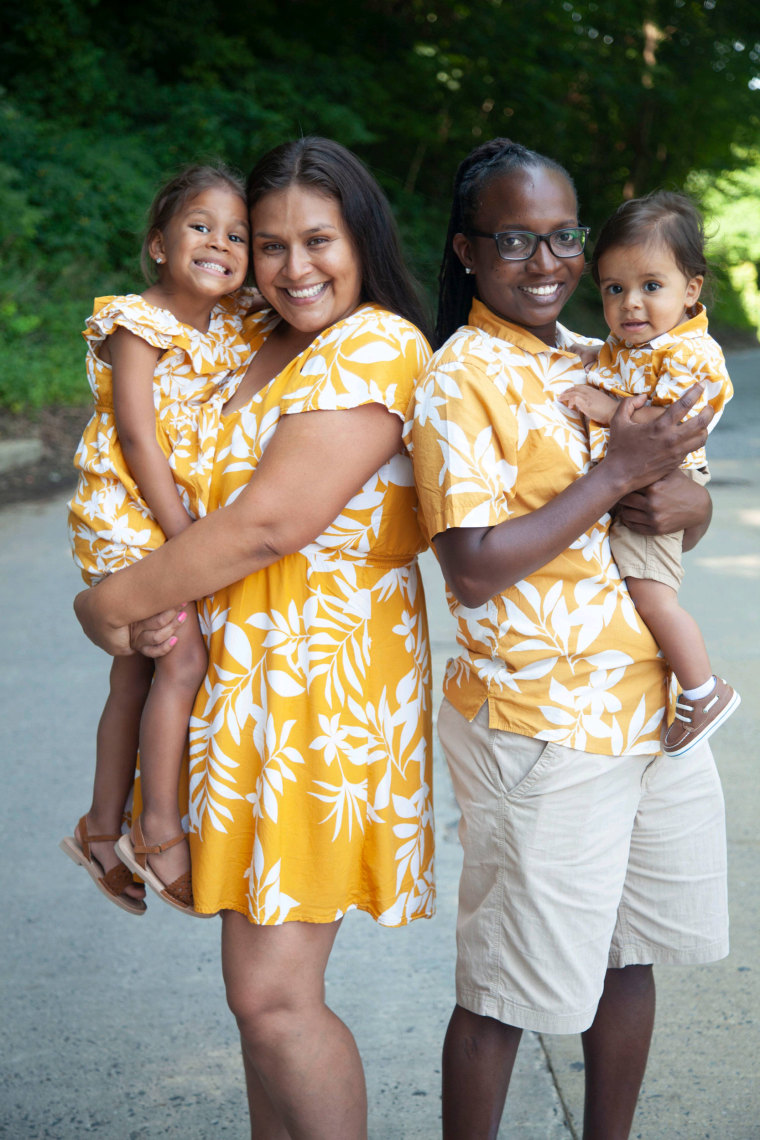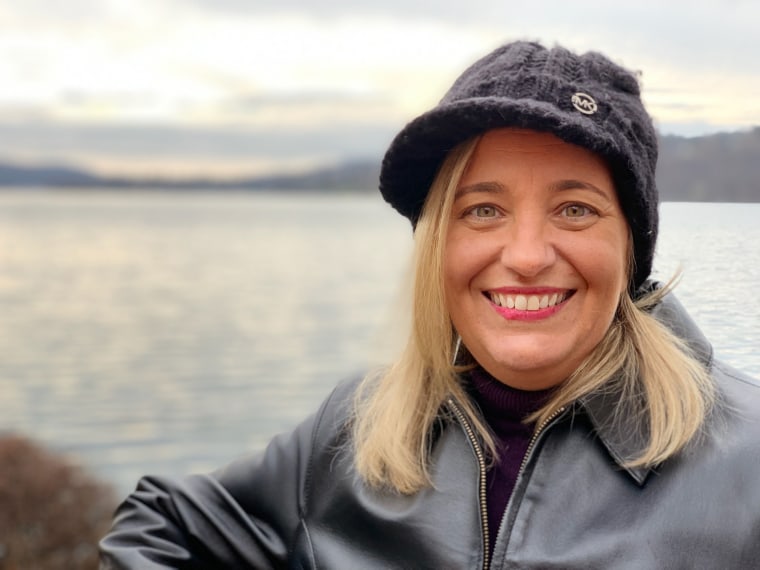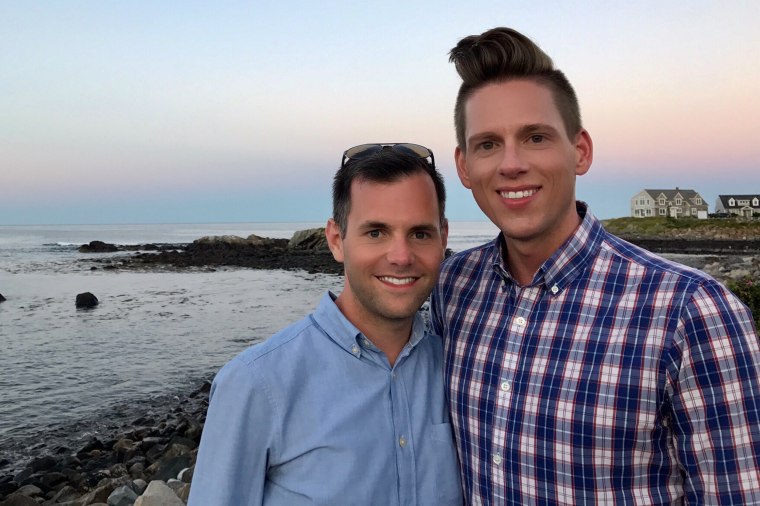Klobuchar’s Votes for Trump Judges include One with Anti-LGBTQ Record
Sen. Amy Klobuchar is facing scrutiny on the campaign trail for voting to confirm many of President Trump’s judicial nominees — and a closer look at that record reveals she backed one pick who once derided as “social policy” not only LGBTQ rights and abortion, but also school integration.
With weeks remaining before the Iowa caucuses on Feb. 3, Klobuchar’s vote to confirm David Ryan Stras to the U.S. Eighth Circuit Court of Appeals could dissuade supporters of LGBTQ rights and other progressives from supporting her in the Democratic presidential primary.
Although Stras hasn’t been as viciously anti-LGBTQ as some of Trump’s other picks, his past is troubling to LGBTQ advocates. As a law professor, Stras in a 2008 legal essay was condescending toward judges’ “ventures” into LGBTQ rights, abortion and school integration.
“The court’s own ventures into contentious areas of social policy — such as school integration, abortion, and homosexual rights — have raised the stakes of confirmation battles even higher,” Stras wrote.
Additionally, as a Minnesota Supreme Court justice, Stras in 2012 joined an opinion allowing an anti-gay marriage amendment to come intact to the ballot with a title obscuring its purpose and effect. Minnesota voters ended up rejecting the amendment anyway.
Along with Sen. Doug Wilson (Ala.), Sen. Joe Manchin (W.Va.) former Sen. Claire McCaskill (D-Mo.) Sen. Mark Warner (Va.), former Sen. Heidi Heithkamp (N.D.) and former Sen. Joe Donnelly (Ind.), Klobuchar was among seven Democrats who joined Republicans in voting for Stras. The vote in January 2018 was otherwise along party lines, 56-42.
Ironically, Klobuchar voted for Stras even though she wasn’t consulted on the judicial pick, which was a customary part of the confirmation process before the Trump era, and recommended other choices for the judicial seat.
Carlie Waibel, national press secretary for the Klobuchar campaign, put distance between Klobuchar and Stras in response to a Washington Blade inquiry on whether the Democratic hopeful stands by her vote.
“Of course Sen. Klobuchar disagrees with his comments, just as she will not agree with every one of his opinions,” Waibel said. “She has made clear that Judge Stras was not the judge that she would ever recommend to the White House. In fact, she recommended other candidates.”
Waibel also defended the senator’s vote for Stras by saying he was better than other picks Trump might have offered.
“Her vote was based on the reality that given the choices, on balance she thought he was better than the other candidates who would have been nominated from other states,” the spokesperson said. “Judge Stras was recommended by liberal Justice Alan Page, who Sen. Klobuchar has great respect for, and in the vast majority of cases on the Minnesota Supreme Court Judge Stras sided with the majority, which included several Democratic-appointed justices.”
Klobuchar’s vote for Stras was one of many in favor of judicial nominees by Trump, who set records with judicial confirmations in ways that will likely affect the courts for generations to come.
According to an April 2019 article in ThinkProgress, Klobuchar voted for more than 56 percent of his judicial picks two years into his presidency. According to the Klobuchar campaign, the percentage since that time has dropped to just 33 percent.
Meanwhile, other Democratic senators who have run for president this cycle, such as Bernie Sanders, Kamala Harris, Elizabeth Warren and Kirsten Gillibrand, had a knee-jerk opposition to all of them.
Klobuchar cast a vote for Stras even though he was opposed by civil rights and progressive groups, who pointed to his statements and actions as a law professor and Minnesota Supreme Court justice. Among the groups that opposed him were Lambda Legal, People for the American Way and Alliance for Justice.
In a letter dated Jan. 29, 2018 urging senators to vote “no” on confirmation, Lambda Legal Chief Strategy Officer Sharon McGowan wrote Stras’s record “raises serious concerns about his willingness to adhere to the Supreme Court’s landmark LGBT rights decisions.”
“His vision of the role of the courts as a nefarious force that seeks to block the will of the majority sends a dangerous message to vulnerable minorities that their constitutional rights are not guaranteed,” McGowan wrote. “Justice Stras’ failure to appreciate the important role that an independent judiciary plays in our constitutional democracy causes communities like ours grave concern.”
In a 2008 essay titled “Understanding the New Politics of Judicial Appointments,” Stras wrote intensified media scrutiny and organized interest groups have politicized the judicial confirmation process, which he said made lawmakers act “with a keen eye toward pleasing constituent groups and maintaining a consistent policy image.”
As an example of attempts at “pleasing constituent groups,” Stras pointed to judicial rulings on LGBTQ rights, abortion and school integration, suggesting either the decisions were best left to the political process or the courts got it wrong.
Although the Supreme Court decision in Roe v. Wade is the case most cited in the article, Stras also draws on the 2003 decision in Lawrence v. Texas, noting with a tinge of skepticism the court “struck down a Texas ban on homosexual sodomy because, according to the court, the state law violated privacy rights.”
Anthony Kreis, visiting assistant professor of law for the Chicago-Kent College of Law, told the Blade comments deriding LGBTQ rights as “social policy” are off-base.
“The problem with the notion of LGBTQ rights as being ‘social policy,’ is that viewpoint indicates that the Constitution’s protections do not sweep broadly enough to protect sexual minorities,” Kreis said. “In other words, LGBTQ people are at the mercy of legislatures to do right by them — and so then courts aren’t reliable actors to combat homophobia and transphobia.”
In written responses to questions from the Senate on his 2008 writing, Stras when asked about school integration acknowledged the Supreme Court applied the Fourteenth Amendment to desegregate schools in Brown v. Board of Education, which he said “overruled the Supreme Court’s detestable decision in Plessy v. Ferguson.”
“When I wrote the referenced book review essay, I did so as a law professor, not as a judge,” Stras added. “I was describing the factors that have increased political polarization surrounding the judicial nomination process over the past several decades.”
Asked whether the U.S. Constitution provides a textual basis for rights to contraception, women’s access to abortion and same-sex marriage, Stras acknowledged the Supreme Court’s rulings in favor of abortion rights and marriage equality, saying he’d “follow all binding precedent, including each of these precedents” on the Eighth Circuit.
Four years later, when Stras was a justice on the Minnesota Supreme Court, he joined an opinion that prevented the Minnesota secretary of state from changing the ballot title on a proposed anti-gay marriage constitutional amendment from “Recognition of Marriage Solely Between One Man and One Woman” to “Limited the Status of Marriage to Opposite Sex Couples.”
Although Minnesota law dictates the secretary of state must “provide an appropriate title” for proposed constitutional amendments on the ballot, the court in the case of Limmer v. Ritchie concluded that language doesn’t enable the official to change a ballot title designated by the state legislature.
“Allowing the secretary of state, an executive branch officer with no constitutional authority over the form and manner of proposed constitutional amendments, to simply ignore the legislature’s action in proposing and passing a title to accompany a ballot question on a constitutional amendment potentially risks interfering with the legislature’s constitutional authority,” the decision says.
The decision, however, wasn’t unanimous. Minnesota Supreme Court Judge Minnesota Alan Page criticized the majority in his dissent by saying the ruling “announces a fundamentally flawed interpretation” of state law.
“Under the court’s view, a majority of the legislature could propose a constitutional amendment to, say, reinstate prohibition, propose the ballot title ‘Eliminating the Personal Income Tax,’ the secretary of state would be obligated to put the legislature’s title on the ballot, and under the standard the court announces today, this court could do nothing to prevent it,” Page wrote. “That is a result I cannot countenance.”
It should be noted that although the Klobuchar campaign defended the Minnesota Democrat’s vote for Stras by saying he was recommended by Page, the two weren’t in agreement in this instance.
Stras’s LGBTQ record was just part of the reason civil rights and progressives opposed his confirmation. A member of the Federalist Society, Stras clerked for conservative U.S. Associate Justice Clarence Justice, whom he called a “mentor” upon being sworn in to the Minnesota Supreme Court.
During the 2016 presidential campaign, Stras was on the list of 11 potential picks from which then-candidate Donald Trump said he wouldn’t stray when making selections for the U.S. Supreme Court. The Federalist Society and the anti-LGBTQ Heritage Foundation were said to have a hand in the selection of these names.
In Peterson v. Minnesota, which involves a police officer suing the City of Minneapolis for age discrimination, the Minnesota Supreme Court determined the 14 months the city took to investigate the case need not be applied to the statute of limitations under the law. Stras, however, joined a dissent that would have prevented the officer from bringing his case to the jury.
When the Minnesota Supreme Court ruled in a rape case trial judges can allow expert testimony to explain why a victim would delay in reporting the incident, Stras strikingly dissented on procedural grounds. The testimony was deemed warranted in the case because the victim had waited several hours before reporting the incident.
Stras has cultivated this record even though his own family experienced persecution as a member of a minority community. Stras, who’s believed to be the first Jewish person to serve on the Minnesota Supreme Court, is the descendant of Holocaust survivors.
To be sure, Klobuchar has built a solid record in support of LGBTQ rights as a member of the U.S. Senate. She was a co-sponsor of the Respect for Marriage Act, which sought to repeal the anti-gay Defense of Marriage Act before it was overturned by the U.S. Supreme Court, voted in favor of the Employment Non-Discrimination Act and now co-sponsors the Equality Act. The Minnesota Democrat received a perfect score of “100” in the latest Human Rights Campaign congressional scorecard.
However, Klobuchar’s vote to confirm Stras to the Eighth Circuit despite his record on LGBTQ rights stands out.
Kreis acknowledged “there are often many reasons why senators could vote for nominees they don’t favor,” but didn’t see that at play with Klobuchar’s vote for Stras.
“It is hard to discern what reason she might have,” Kreis said. “Whatever the reason might be for the favorable vote, it was not a vote cast to help the advancement of LGBTQ rights.”
